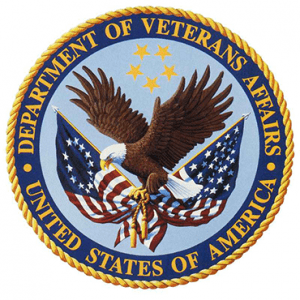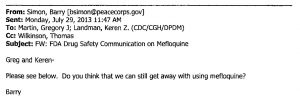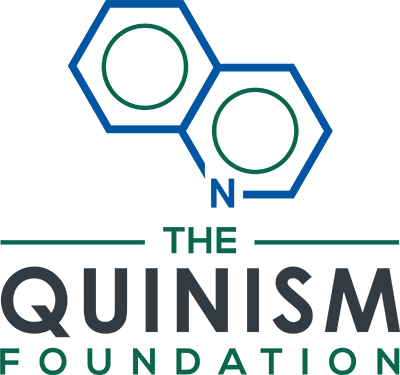VA Disability Examiners May Be Misattributing Mefloquine Effects to PTSD

As described in this press release, The Quinism Foundation’s executive director, Dr. Remington Nevin, has sent correspondence to Dr. Paul R. Lawrence, Under Secretary for Benefits at the Department of Veterans Affairs (VA), expressing concern that disability examiners may be misattributing adverse effects from the antimalarial drug mefloquine to PTSD in VA medical disability examinations.
In its correspondence, which was shared with executives at Logistics Health Incorporated, QTC Management Incorporated, and VetFed Resources Incorporated (three federally-contracted providers of VA medical disability examinations), Dr. Nevin shared results from The Quinism Foundation’s recent review of veterans’ disability medical examination documentation.
“DSM-5 PTSD Criterion H requires that the examiner determine that the disturbance is not attributable to the physiological effects of a medication,” said Dr. Nevin. “We are concerned that this criterion is being widely assumed by examiners without due consideration for the possible effects of mefloquine exposure”.
“The Quinism Foundation has recently reviewed a number of PTSD disability benefits questionnaires (DBQ) completed by examiners in which Criterion H was deemed to have been met without documentation that the examiner considered the possible physiological effects of mefloquine in contributing to the disturbance”, wrote Dr. Nevin. “In many cases, these examiners concluded Criterion H was met even when the veteran specifically attributed several of their PTSD Criterion B-E symptoms, such as nightmares, insomnia, irritability, and anger, to chronic effects of their mefloquine exposure, rather than to one or more Criterion A traumatic stressors. In several cases, available documentation reliably places the onset of these symptoms well prior to any Criterion A traumatic stressors, and within days following the veteran’s initial exposure to mefloquine”.
If you are a U.S. veteran who has undergone a VA medical disability examination for PTSD since 2013, and believe that your examiner failed to aquately consider the effects of mefloquine, including by failing to document your concerns regarding the drug, please contact us. The Quinism Foundation will continue to engage with officials at the VA and with executives at federally-contracted providers of VA medical disability examinations to ensure that DSM-5 diagnostic criteria for PTSD, particularly the critically important Criterion H, are being properly applied among veterans with mefloquine exposure.
Screening Veterans For Mefloquine Exposure
Thanks to the generosity of donors, executive director Dr. Nevin has travelled to the Washington, DC area to give a 50-minute talk on mefloquine poisoning to attendees of the meeting of the Association of Military Surgeons of the United States (AMSUS). Joined by foundation board member Dr. Ritchie, the talk will teach DoD and VA clinicians in attendance how to screen for mefloquine exposure, and how to evaluate veterans claiming chronic adverse effects from the drug. Providing critical education of this nature helps ensure that clinicians are able to provide quality care to mefloquine veterans, and earns the foundation considerable attention from DoD and VA leadership. To all those who donated in support of this effort, thank you!
Mefloquine and the Peace Corps
Investigative reporter Andrea McCarren, with WUSA9, continues her tradition of quality in-depth reporting on mefloquine with two new stories featuring the plight of Returned Peace Corps Volunteers (RPCVs) suffering the chronic adverse effects of the drug.
As described in this story, RPCV Christi Haynie was made permanently disabled and left suffering brainstem dysfunction after not being counselled by the Peace Corps on the need to immediately discontinue mefloquine at the onset of symptoms of anxiety and depression.
And as described in this story, RPCV Felicia Kenney has suffered for years with anxiety, depression, and problems with her vision and balance, after the Peace Corps gave her mefloquine without any warnings or guidance for its proper use.
Peace Corps epidemiologist Dr. Kyle Petersen is featured in this uncomfortable interview, struggling to justify the Peace Corps’s continued use of mefloquine, despite the U.S. military having all but banned the drug years earlier. Contrary to Dr. Peterson’s implication in this interview, the U.S. military deploys more personnel to sub-Saharan Africa than the Peace Corps has volunteers, but preferentially uses the safer (and more expensive) drug atovaquone-proguanil (Malarone). Peace Corps officials have long-resisted offering its volunteers this safer option primary for reasons of cost, and only reluctantly began regularly offering volunteers this option after asking if they could “still get away with using mefloquine” following the 2013 boxed warning.

Plan Now to Attend Our 2019 Annual Meeting
The Quinism Foundation’s second annual meeting is fast approaching! Mark your calendars for Monday, April 29, 2019 through Tuesday, April 30, 2019. Our two day event, to be held again at the Hotel Coolidge in the historic vilage of White River Junction, Vermont, will feature a variety of educational sessions, including the annual Sue Rose Memorial Lecture.
We have set an ambitious fundraising goal to help support our providing a quality meeting to our many attendees. You can visit our campaign page to show your support directly, or register for the meeting in advance. Your early registration will help secure your attendance and assist us in our planning. More details about the meeting will be released in the coming weeks.





